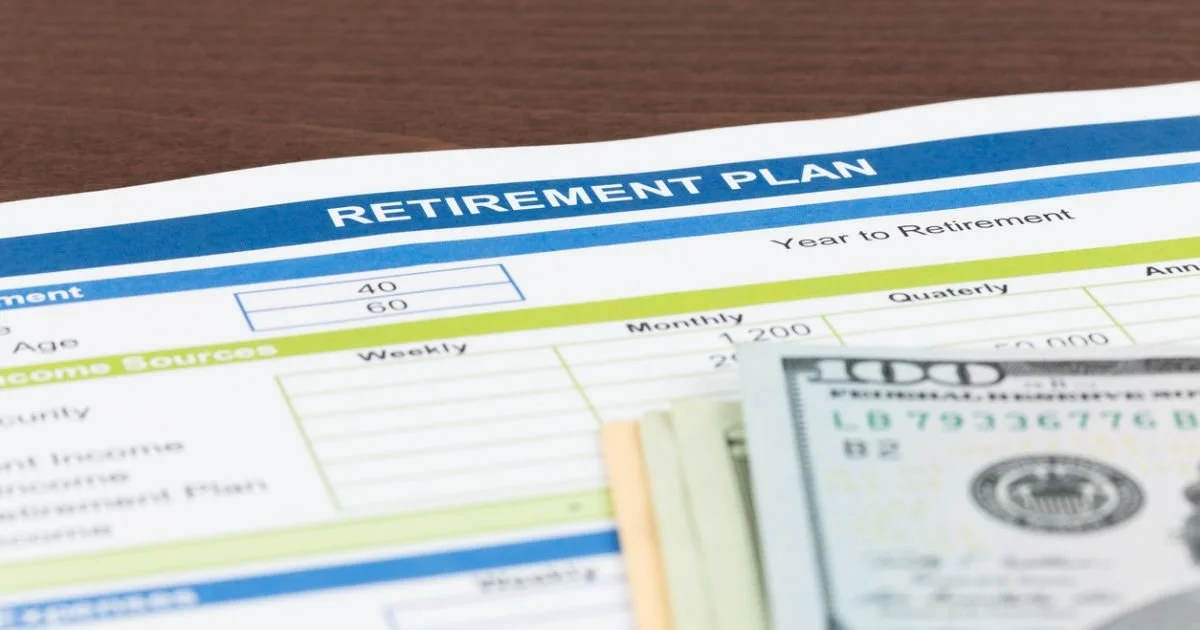Catch-Up Contributions Are Changing—Here’s What You Need to Know
If you’re over 50 and actively saving for retirement, there’s a key change on the horizon that could affect how—and when—you pay taxes on your savings. Starting in 2026, higher-income earners will have to make catch-up contributions to Roth accounts instead of traditional pre-tax ones. This change, part of the SECURE 2.0 legislation, could affect your retirement strategy, especially if you’ve been using pre-tax contributions to lower your taxable income. The upside? With the right planning, it could help boost your tax-free income in retirement.
What’s Changing in 2026: Roth Catch-Up Rule for High Earners
So what does this mean for you? If your wages from your employer exceed $145,000 in the prior year, any catch-up contributions you make—currently up to $7,500 annually—will need to go into a Roth account. That means you’ll pay taxes on the money today, but your future withdrawals, including any growth, will be tax-free. It’s a meaningful change, especially for those who’ve relied on pre-tax contributions to reduce their taxable income in the years leading up to retirement.
What Happens If Your Plan Doesn’t Offer Roth
It’s also worth noting that this rule only applies to employer-sponsored plans that offer Roth options. If your plan doesn’t currently support Roth contributions, your employer will need to update it; otherwise, catch-up contributions won’t be allowed at all. That’s a big deal for anyone counting on those extra contributions to close the retirement savings gap.
How Roth Catch-Up Contributions Affect Your Taxes
Now, let’s talk about the trade-off. Pre-tax contributions give you a tax break today, which can be valuable if you’re in a high tax bracket. Roth contributions, on the other hand, don’t reduce your current taxable income, but they grow tax-free and can be withdrawn tax-free in retirement. With this new rule, high earners won’t have the flexibility to choose—Roth will be the only option for catch-up contributions. While that may feel like a tax hit now, it could actually work in your favor later. Roth accounts aren’t subject to required minimum distributions during your lifetime, giving you more control over your taxable income in retirement. They’re also a smart estate planning tool, allowing you to pass on tax-free assets to heirs.
How to Prepare Now
So what should you do now? First, check whether your employer’s plan offers Roth contributions. If it doesn’t, ask about their plans to update it before 2026. Next, take a look at your income. If you’re close to the $145,000 threshold, it’s worth planning ahead. And finally, consider how this change fits into your broader retirement strategy. It may be time to revisit your tax planning, especially if you’ve been relying on pre-tax contributions to reduce your current tax bill.
Make This Change Work for Your Plan
At Emerald Asset Management, we specialize in working with individuals approaching retirement, helping them navigate changes like this through thoughtful asset management and personalized financial planning. If you’re unsure how this new rule might affect your retirement strategy, we’re here to help you make sense of it and build a plan that works for your future. Let’s talk about how this change fits into your retirement picture. Reach out to us today to schedule a personalized consultation—and make sure your financial plan is ready for what’s ahead.
Emerald Asset Management is an independent, boutique Registered Investment Advisory firm based in Rocky Mount, NC, serving successful executives, business owners, and high-net-worth individuals across Raleigh, Durham, and Chapel Hill. As a fiduciary-led firm with over 30 years of experience, Emerald provides research-driven investment management and strategic financial planning. The firm specializes in individually managed stock and bond portfolios, alternative investments, and risk management strategies. With a disciplined approach and a commitment to clarity, Emerald helps clients navigate complex financial decisions with confidence. They can be reached at (252) 443-7616 or on the web at www.emeraldam.com.
The information presented is based on sources believed to be reliable and accurate at the time of publication. This material is for educational purposes only and does not necessarily reflect the views of the author, presenter, or affiliated organizations. It should not be construed as investment, tax, legal, or other professional advice. Always consult a qualified professional regarding your specific situation before making any decisions.
Emerald Asset Management is an investment adviser registered with the U.S. Securities and Exchange Commission. Registration does not imply a certain level of skill or training. More information about Emerald Asset Management's investment advisory services can be found in its Form ADV Part 2 and/or Form CRS, which is available upon request.

